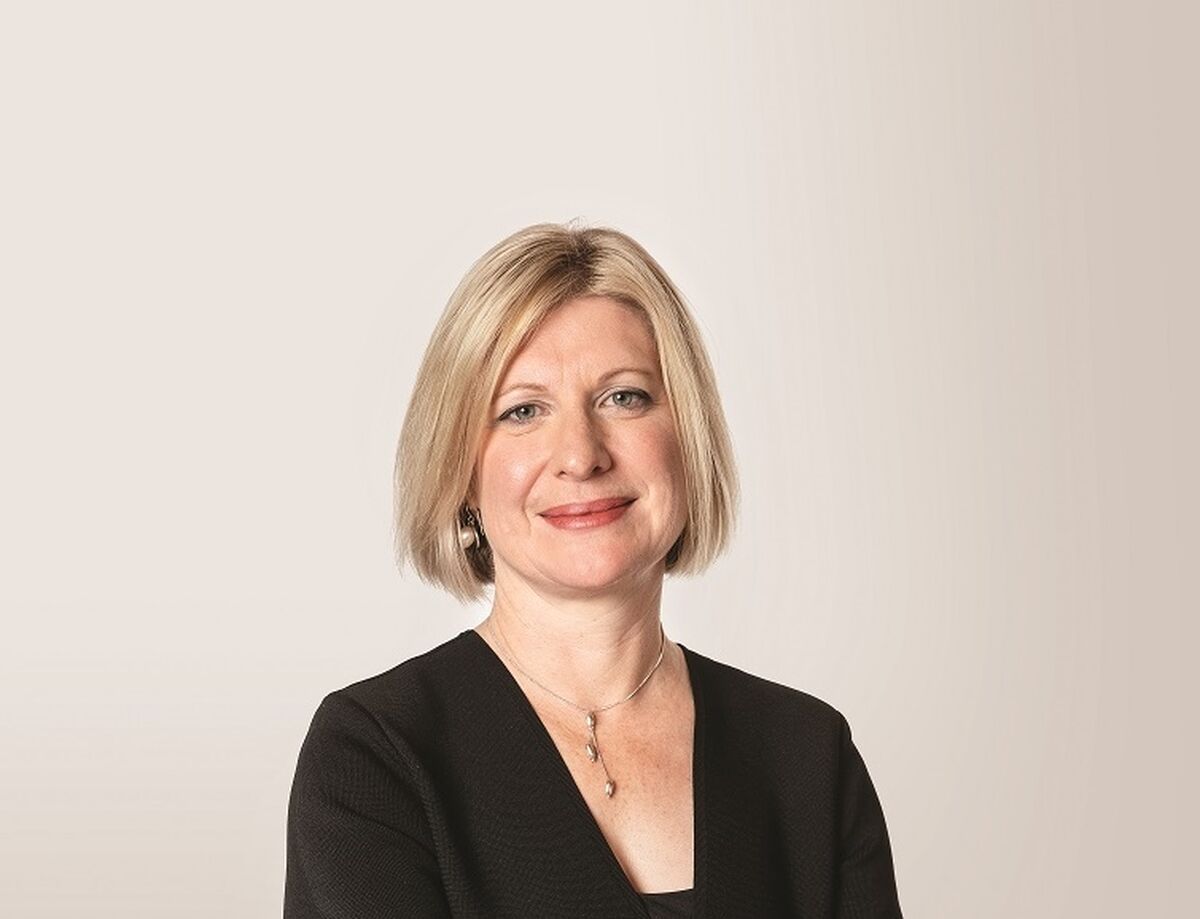On this page:
Message from the Ombudsman
The COVID-19 pandemic and its impacts on energy and water consumers continue to be a big focus of the work we do at EWOV. Months into pandemic restrictions in Victoria, overall case numbers are rising but not by the degree we had anticipated. High bills is the dominant issue, with credit cases rising steadily. We expect case numbers to continue to rise, particularly in these categories, as households come under increasing financial strain. There are also ongoing concerns about the application of the Payment Difficulty Framework (PDF) for energy customers at this time, when people are facing tighter household budgets and likely have an increase in overall household debt.
You can see summaries of our case data in our interactive dashboards, available on our Data Hub. I hope you find this edition of EWOV News informative. As always, if you have any feedback, please let us know.

Cynthia Gebert
Energy and Water Ombudsman (Victoria)
Bill advice and the Payment Difficulty Framework (PDF)
We’re aware that, during the COVID-19 pandemic, customers have been offered bill deferrals by energy companies, enabling them to defer payment to a later date. While we understand that the COVID-19 pandemic presents challenges to both customers and companies as affordability issues start to increase, we’re concerned that without broader support from the PDF, these customers are likely to face ballooning debts down the track. Offers of bill deferral should come with an offer of a payment plan and other assistance to help customers manage expenses in a sustainable way.
Read a summary of the PDF on our website to find out more.
Verbal authority to act on a customer’s behalf
We’ve received complaints from some customers that companies have been refusing to accept an authorisation for another party to act on their behalf in a verbal form. These companies have been insisting that customers provide a signed form showing the third party’s authority to act on their behalf. As Victorian customers have been faced with restrictions on their movement and ability to meet face-to-face for some time, getting forms signed in-person can be a big hurdle. We’re in talks with the Essential Services Commission and government to ensure that a pragmatic resolution can be reached and customers already facing challenges are not prevented from
ANU report
EWOV and the Department of Environment, Land, Water and Planning (DELWP) are co-funding a social research project to be undertaken by the Australian National University’s (ANU) Battery Storage and Grid Integration Program (BSGIP). This research will complement our own research report, Charging Ahead – New Energy Technology and Future of Energy Complaints in Victoria, released in June this year and which started to map out the types of complaints we may receive for new and emerging energy technologies. To complete this work, ANU will speak with new energy technology customers in a series of focus group sessions and one-on-one interviews. The research will investigate consumer experiences across various new energy initiatives, providing further valuable insights into new energy tech-related complaints. ANU’s work will help EWOV and policy makers understand what consumers and industry will need to make sure that, when these technologies enter the market more fully, the right protections, dispute resolution and regulatory framework are in place. The research will be released in early 2021.
Reflect: our newest report
Read the latest edition of Reflect.